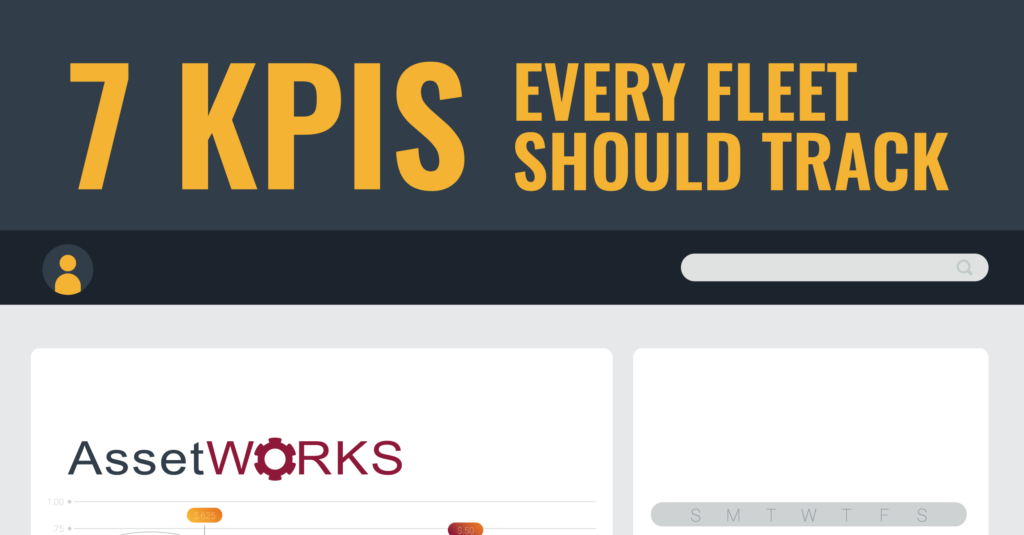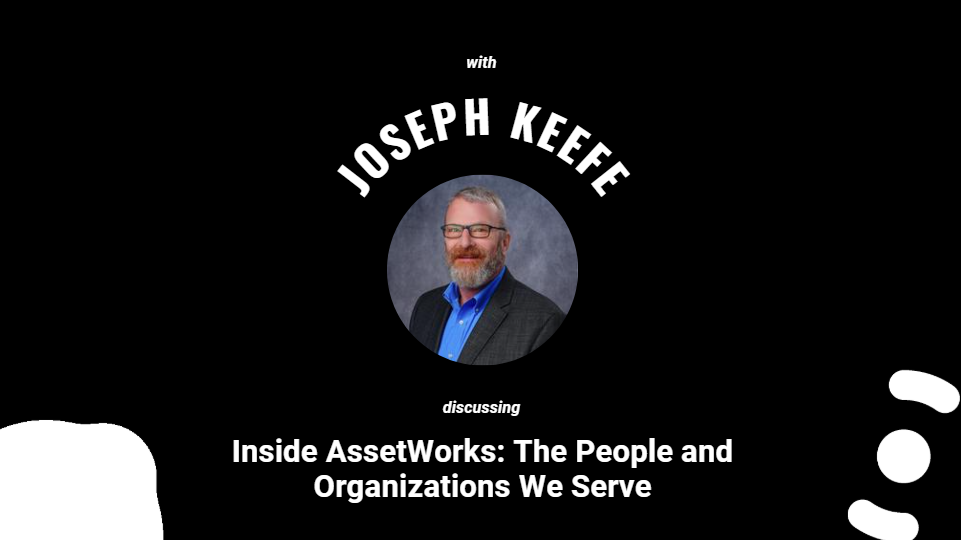The rapid adoption of advanced technology is transforming fleet management. From real-time tracking to AI-driven analytics, modern tools are reshaping how fleets operate. But leveraging these tools to their fullest potential requires more than just implementation—it demands a skilled and adaptable workforce. Upskilling your fleet team is no longer optional; it’s essential for staying competitive and maintaining operational excellence in the digital era.
Why Upskilling Matters in Fleet Management
Technological advancements in fleet management have unlocked numerous opportunities for efficiency and cost savings. However, without the necessary skills, even the most sophisticated tools can fall short of their potential.
Here’s why upskilling your team should be a top priority:
- Streamlining Operations
Modern tools consolidate complex operations into comprehensive, user-friendly platforms. But for your team to maximise functionality, they need to understand how to effectively interact with these technologies. Modern fleet management platforms enable proactive maintenance scheduling, asset management, and compliance tracking. However, these platforms often come with a learning curve. Your team needs to be able to adapt to changing technologies and take advantage of every product feature available. Proper training ensures your team can seamlessly integrate these functions into daily workflows, reducing inefficiencies. - Boosting Organisational Efficiency
Low proficiency with digital tools often results in errors, delays, and missed opportunities for optimisation. By equipping your team with the knowledge to use technologies that offer mobile solutions for real-time data collection, you can drastically improve response times and operational accuracy. Mobile solutions help your fleet move faster, ensuring all work orders and maintenance updates can be submitted on a tablet rather than a shared desktop on the shop floor. - Enhancing Employee Satisfaction
Offering upskilling opportunities not only makes your team more capable but also boosts morale. Employees who feel invested in by their organisation are more productive and less likely to churn. A culture of continuous learning promotes engagement and empowers employees to adapt to evolving demands. - Improving Safety and Compliance
Fleet management tools often include robust compliance features, such as monitoring driver behavior and adhering to environmental regulations. Upskilled teams can better use these tools to minimise risks, reduce liability, and maintain compliance with evolving industry standards. Modern GPS and telematics solutions often utilise AI, but your workforce needs to be able to interpret the data presented to them to improve compliance. - Staying Competitive
Your competitors are likely already investing heavily in advanced technology and comprehensive team development to stay ahead in the industry. To remain at the forefront and maintain a competitive edge, your fleet operations need to adopt cutting-edge platforms. Equally important is building a workforce skilled in utilising these technologies effectively, ensuring your team can adapt to challenges and maximise the benefits of these tools. Together, this combination of innovation and expertise will position your business for long-term success.
Actionable Tips for Implementing an Upskilling Program
Upskilling doesn’t happen overnight. It’s a process that requires time, commitment, and a structured approach tailored to your team’s specific needs and goals. Identifying skill gaps, setting clear objectives, and providing the right learning resources are critical steps.
- Foster a Culture of Continuous Learning
Cultivating a learning mindset throughout your organisation helps your team see upskilling as an ongoing, rewarding process rather than a one-time task. Encourage curiosity and provide regular opportunities for skill enhancement, such as workshops, conferences, and webinars. To decide what training programs to implement first, use feedback channels to identify skill gaps and tailor learning opportunities to address them. For example, schedule quarterly assessments to measure competency with emerging technologies. - Offer Personalised Learning Paths
No two employees share the same level of expertise or learning preferences, which is why personalised learning paths are essential. They ensure every team member receives the right training and support tailored to their needs.To implement this, start by segmenting employees based on their current skill levels and roles. Then, create role-specific training programs. For instance, dispatch teams could focus on advanced route optimisation techniques, while maintenance personnel might benefit from learning predictive maintenance tools. This targeted approach helps maximise learning outcomes and ensures employees are equipped with the right skills for their roles.
- Leverage AI-Driven Learning Platforms
Modern training tools leverage AI to deliver personalised content, track progress, and adapt to individual learning speeds, ensuring efficient and effective training for your team. For example, AI-supported programs can simulate real-world scenarios, such as equipment malfunctions or route adjustments, providing hands-on, practical learning experiences without disrupting operations. - Provide Hands-On Training
Theory alone isn’t enough; employees need hands-on experience with your tools to truly learn. Pair instructional sessions with real-world applications to bridge the gap between knowledge and action. Assigning mentors who are proficient with the technologies your team uses can be a great way to guide newer members through the learning process. This would also translate well into a structured onboarding program for new members of your staff. - Track and Reward Progress
Recognition and incentives play a key role in motivating employees to engage with upskilling programs. By using performance metrics to track progress, companies can identify and celebrate milestones, reinforcing a culture of growth and achievement.For example, offering certification programs for completing technology training provides employees with tangible proof of their accomplishments. Additionally, recognising top performers with meaningful incentives, such as bonuses or opportunities for greater responsibilities, can further inspire participation and commitment to ongoing development.
Successful Upskilling: The Oklahoma City Case Study
Oklahoma City Utilities recently transformed its maintenance workflow by adopting AssetWorks’ mobile app, and the impact was immediate. By equipping mechanics with mobile devices, the city eliminated roughly two hours of downtime per day.
Previously, technicians had to wait for access to a shared desktop to log work, upload photos, or manage job tickets, creating daily delays that added up quickly. With EDGE, those tasks now happen in real time, right from the shop floor or job site. The mobile app’s built-in timers, instant photo uploads, and real-time job updates not only improved efficiency but also gave supervisors better visibility into technician activity without disrupting their work.
The result? Less time spent waiting, more time turning wrenches, and a fleet that runs smoother because of it.
Invest In Your Team
The digital era demands agility and proficiency from fleet teams. Upskilling is the gateway to realising the full potential of modern tools, ensuring your operations are future-ready and competitive. By fostering a culture of continuous improvement, offering personalised learning paths, and utilising AI-driven platforms, you can empower your team to lead your fleet to success. By investing in your team’s skills, you get to watch your fleet thrive in the digital era.












